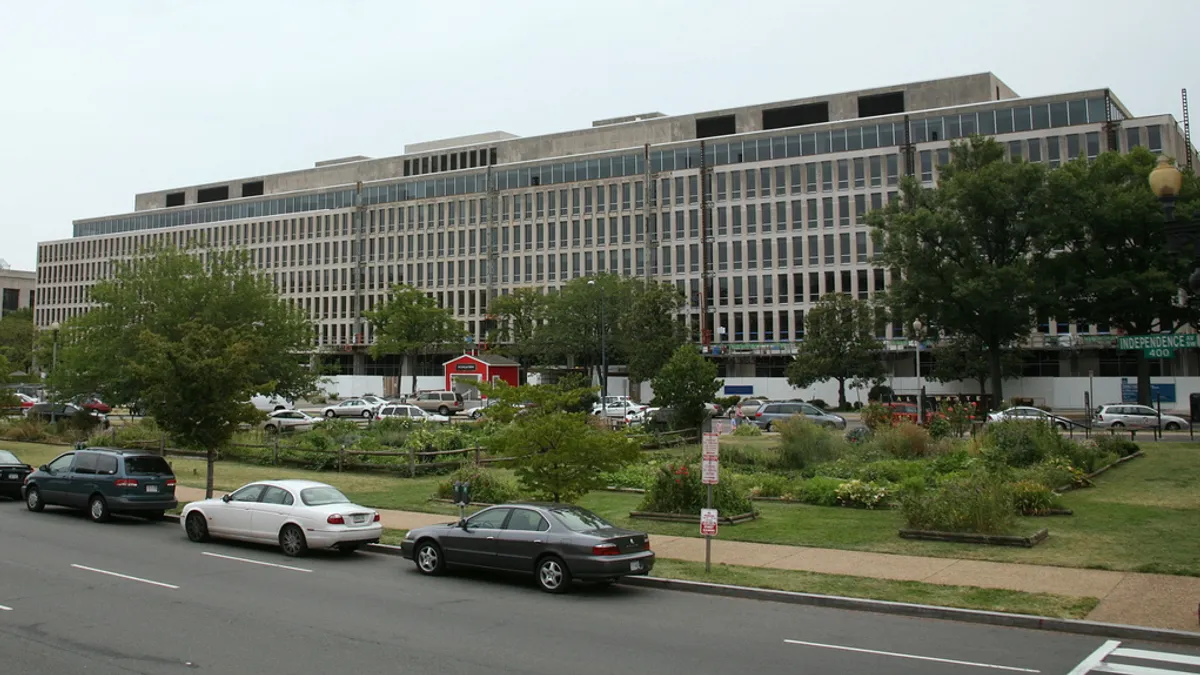Dive Brief:
- Since fiscal year 2017, the U.S. Department of Education’s Office for Civil Rights (OCR) says it has resolved almost twice as many complaints per year than during the Obama administration — 16,000 compared to 8,200 — the department said Wednesday.
- Resolutions resulting in schools taking corrective action have increased by 30% for Title I complaints related to a student’s race or national origin, by 60% for complaints involving a student with disability, and by 80% for complaints involving sex discrimination (Title IX), according to a press release.
- “From day one, our approach has been clear and unwavering: vigorously enforce civil rights laws, treat students as individuals, and resolve cases both efficiently and effectively,” Education Secretary Betsy DeVos said in the statement. “The backlog of cases we inherited should have troubled everyone, as we know justice delayed is justice denied.”
Dive Insight:
In March 2018, OCR revised its case-processing manual to encourage investigators to dismiss multiple complaints from the same source. The change was meant to handle cases involving so-called “mass filers,” which included 2,400 complaints from one Michigan education advocate related to websites that are not accessible to students who are visually impaired or are unable to operate a mouse. In addition, since the beginning of the Trump administration, OCR ended 1,200 civil rights investigations.
In a separate statement, Assistant Secretary for Civil Rights Kenneth L. Marcus, said, “Instead of seeing every case as an opportunity to advance a political agenda, we are focused on the needs of each individual student and on faithfully executing the laws.”
But the secretary’s approach to streamlining the complaint review process has troubled many advocates for students. In May 2018, the Council of Parent Attorneys and Advocates (COPAA), the NAACP, and the National Federation of the Blind filed a complaint in federal district court, saying that ignoring serial complainants ran counter to the department’s mission. As a result, OCR announced in November that it would reverse that controversial practice and go back and investigate complaints dismissed during the nine-month gap.
COPAA, however, is concerned that “rather than looking at systemic relief for a number of students, OCR is microscopically resolving case by case,” Denise Marshall, executive director of the organization, said in an email. “We have no indication from families and students that there has been any meaningful changes for students subjected to discrimination/civil rights violations. Closing or resolving a case is not, on its face, an indication of better student results.”













